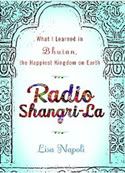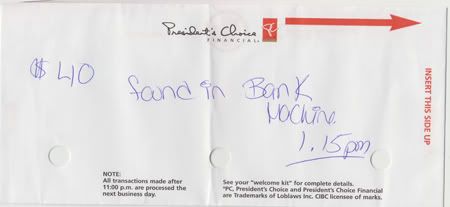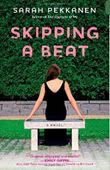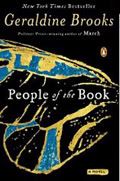Book Review: Radio Shangri-la (What I Learned in Bhutan, the Happiest Kingdom on Earth) by Lisa Napoli
 In 2007, L.A. based radio writer Napoli happened across an opportunity to spend several months in Bhutan, a tiny landlocked kingdom in the Himalayas. Bhutan has the distinction of measuring its success in Gross National Happiness rather than GNP, the only nation on earth to do so.
In 2007, L.A. based radio writer Napoli happened across an opportunity to spend several months in Bhutan, a tiny landlocked kingdom in the Himalayas. Bhutan has the distinction of measuring its success in Gross National Happiness rather than GNP, the only nation on earth to do so.
Its happiness seems to have come from its isolation from the rest of the world: there was no need for paper money until 40 years ago, wearing of traditional clothing (the women’s dress is called a kira) is mandatory, and television and Internet were banned until just over a decade ago.
Outsiders have not found it easy to visit either, since there are few roads and only one small airport to which only the government-owned airline (consisting of two planes) flies. In addition, there has long been a $200/day/person tourist tax for visitors (since raised to $250 per day)
But as the fifth king came to power, he insisted that his country have democratic elections for their administration, and gave the youth of Bhutan their own radio station Kuzoo FM. It was at this station that Napoli found herself as a volunteer advisor.
Some of the conditions may sound primitive by North American standards (outside water, no traffic lights, no credit cards, subsistence farming as the main occupation) but Napoli says:
For me, the prospect of a relatively media-free universe was a close to utopia as I could imagine…The promise of a place where life was simpler—unsaturated by the menacing forces of mainstream media…—appealed to me. That Bhutan was guided by intense spirituality, by connection to home and community, held great allure. I was tired of sleep-deprived, stressed-out, too-busy people who shirked downtime in the service of making money so they could buy more stuff; tired of it taking months to see dear friends who lived across town because traffic and overcommitment made it impossible to coordinate a shared meal.
This concept of a simpler life certainly appeals to me, as well—it’s part of the reason we left the city eight years ago and moved to the country—and so I was quite excited to receive this copy of Napoli’s Radio Shangri-La: What I Learned in Bhutan, the Happiest Kingdom on Earth.
Napoli narrates her first impressions of Bhutan and its people, and her ongoing experiences there (& on her return to L.A.) in a thoughtful and insightful manner that does not minimize the hardships of life there. She perceptively considers the present and future impact that contact with the outside world is having on the country.
It was a good thing the government was committed to Gross National Happiness, because that philosophy seemed a crucial necessity to offset the effects of a few hours in front of the television. “Happiness with what you have” wasn’t exactly the backbone philosophy of advertising and media and news.
When I read books, I often like to mark specific passages and quotes. My own books were becoming literally dog-eared from turned-down corners, and putting post-it notes in library books was cumbersome. I recently found these bronze book darts at Lee Valley (that’s not an affiliate link, BTW) and now can easily mark the dozen or so passages I usually find.

This photo shows you how fascinating I found Radio Shangri-la. There were so many points I wanted to share with you, but I suggest you get the book and read it yourself.
![]()
Links for my Canadian readers;
Radio Shangri-La: What I Learned in Bhutan, the Happiest Kingdom on Earth
Book darts from Lee Valley









 from the king’s tyranny. A rich lesson in history, geography, politics and culture. Read for the June meeting of our local club, The Loquacious Compendium. This is a stop on my
from the king’s tyranny. A rich lesson in history, geography, politics and culture. Read for the June meeting of our local club, The Loquacious Compendium. This is a stop on my